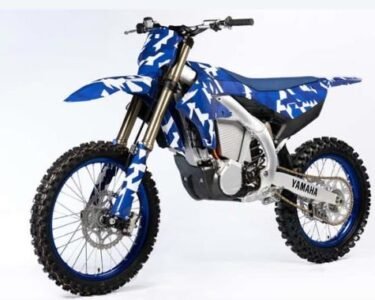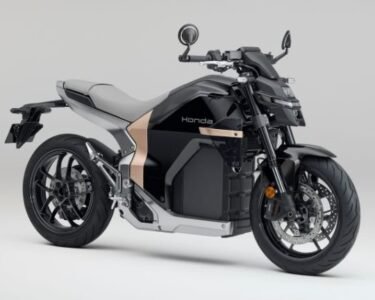In recent years, there has been a growing interest in electric motorcycles as an eco-friendly alternative to traditional gas-powered bikes. Advocates of electric motorcycles highlight their lower emissions and reduced environmental impact compared to their fossil fuel counterparts. However, assessing the environmental footprint of electric motorcycles versus traditional bikes involves considering various factors beyond just tailpipe emissions. In this article, we’ll delve into the environmental impact of electric motorcycles versus traditional bikes, exploring their respective advantages and challenges.
1. Emissions and Air Quality
Electric motorcycles are touted for their zero tailpipe emissions, meaning they produce no exhaust gases during operation. This feature contributes to improved air quality, especially in urban areas where traffic congestion is prevalent. On the other hand, traditional bikes powered by internal combustion engines emit pollutants such as carbon monoxide, nitrogen oxides, and particulate matter, which contribute to air pollution and respiratory problems.
2. Energy Source
The environmental impact of electric motorcycles also depends on the source of electricity used for charging. If the electricity comes from renewable sources such as wind, solar, or hydroelectric power, the overall carbon footprint of electric motorcycles is significantly lower compared to traditional bikes. However, if the electricity is generated from fossil fuels like coal or natural gas, the environmental benefits of electric motorcycles may be diminished.
3. Lifecycle Analysis
A comprehensive assessment of the environmental impact of electric motorcycles versus traditional bikes involves considering the entire lifecycle of each vehicle, including manufacturing, operation, and disposal. Electric motorcycles typically have higher manufacturing emissions due to the production of batteries and electric drivetrains. However, over the vehicle’s lifetime, the lower operational emissions of electric motorcycles often offset the higher initial emissions associated with manufacturing.
4. Noise Pollution
In addition to reducing air pollution, electric motorcycles also contribute to reducing noise pollution compared to traditional bikes. The quiet operation of electric motors results in quieter streets and neighborhoods, providing a more pleasant riding experience for both riders and residents. Traditional bikes, especially those with loud exhaust systems, can be a source of noise pollution, particularly in urban areas and residential neighborhoods.
5. Material Resources and Recycling
Another aspect to consider is the material resources used in manufacturing electric motorcycles versus traditional bikes. Electric motorcycles require batteries, which contain materials such as lithium, cobalt, and nickel. While these materials are essential for battery performance, their extraction and processing can have environmental and social implications. Additionally, recycling and disposal of batteries present challenges in terms of resource recovery and environmental impact.
6. Infrastructure and Charging Network
The availability of charging infrastructure is a critical factor influencing the environmental impact of electric motorcycles. In regions with a well-developed charging network, riders have convenient access to charging stations, encouraging the adoption of electric motorcycles and reducing reliance on fossil fuels. However, in areas with limited charging infrastructure, riders may face challenges in finding suitable charging locations, leading to increased reliance on traditional bikes.
Efforts to expand and improve charging infrastructure are underway worldwide, with governments, businesses, and advocacy groups investing in the development of public charging networks. Initiatives such as incentives for installing home charging stations, subsidies for electric vehicle purchases, and partnerships with private companies to deploy fast-charging stations along highways are helping to address this challenge.
7. Consumer Behavior and Awareness
Consumer behavior and awareness also play a significant role in shaping the environmental impact of electric motorcycles versus traditional bikes. Educating consumers about the environmental benefits of electric vehicles, including reduced emissions, lower operating costs, and potential for renewable energy use, can influence purchasing decisions and promote the adoption of electric motorcycles.
Additionally, fostering a culture of sustainability and environmental stewardship within the motorcycle community can lead to greater acceptance and support for electric vehicles. Events, forums, and online communities dedicated to electric motorcycles provide opportunities for riders to share experiences, exchange information, and learn about the latest advancements in electric vehicle technology.
The environmental impact of electric motorcycles versus traditional bikes is multifaceted and depends on various factors such as emissions, energy source, lifecycle analysis, noise pollution, and material resources. While electric motorcycles offer clear advantages in terms of zero tailpipe emissions, reduced noise pollution, and potential for renewable energy use, challenges remain in terms of manufacturing emissions, energy source for charging, and battery recycling. Moving forward, efforts to promote renewable energy adoption, improve battery technology, and implement sustainable manufacturing and recycling practices will be essential for maximizing the environmental benefits of electric motorcycles and transitioning to a more sustainable transportation system.






